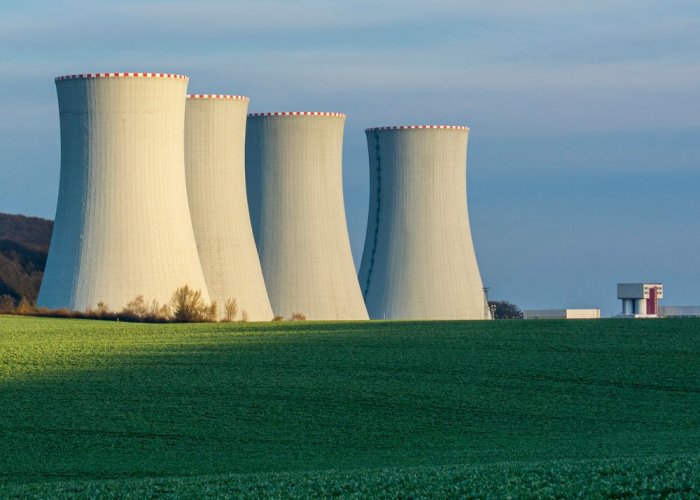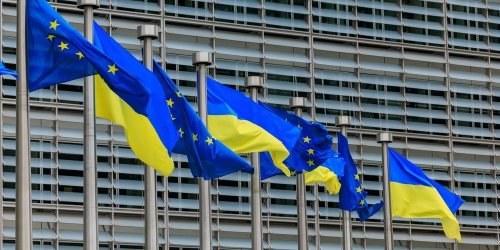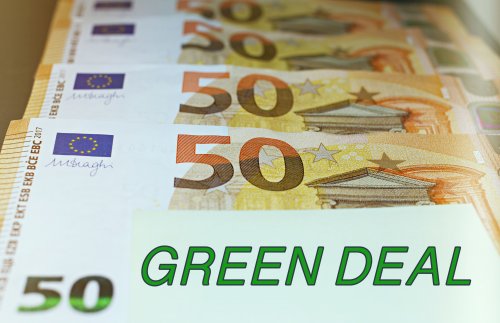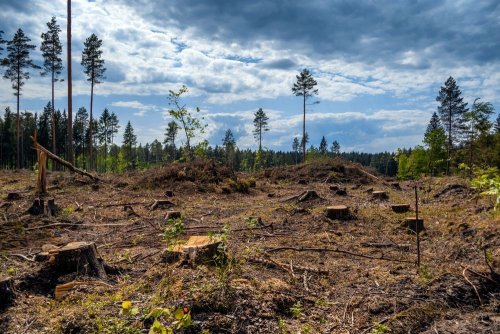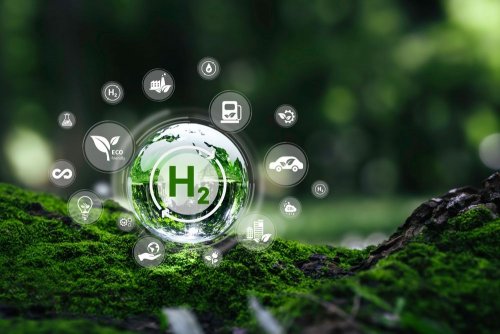In France, five nuclear power plants have been allowed to continue discharging hot water into rivers as the country battles its fourth heat wave of the summer and an energy crisis.
Norms to limit nuclear production during extreme heat are created to protect wildlife, as hot waste water re-enters rivers, reports Reuters.
"High river temperatures have in recent weeks threatened to reduce France's already low nuclear output at a time when nearly half its reactors are offline because of corrosion problems and maintenance," the report said.
The ASN watchdog said on Monday it had approved a government request for the waivers introduced in mid July to be prolonged at the Bugey, Saint Alban, Tricastin, Blayais and Golfech power plants.
"The government considers that it is a public necessity to... maintain the production of these five power stations until Sept. 11 despite the exceptional weather conditions," ASN said in a statement.
Air temperatures are expected to climb into the mid to high 30s Celsius this week across much of France, further warming rivers that nuclear operator EDF uses to cool reactors.
This summer, French nuclear power was the lowest in at least four years, forcing the country to import electricity. Earlier, France exported it to neighboring countries.
On some of the hottest days, France has bought 8 to 10 gigawatts, equivalent to the output from about 8 nuclear reactors.
Earlier, EcoPolitic wrote ,that France will fine shops for €750 for open doors during operation of air conditioners and heating.
As EcoPolitic previously reported, Germany, Austria, France and the Netherlands announced plans on increasing in coal generation, if russia stops supplying gas.

